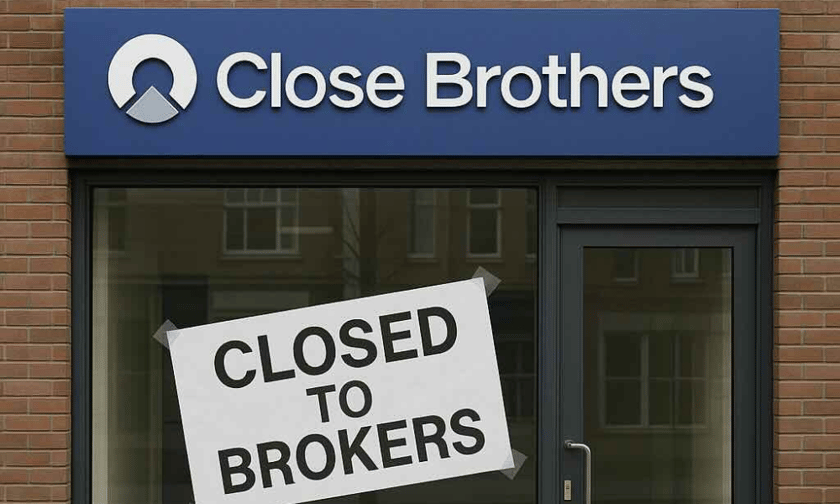

Close Brothers Group, long a key player in the UK’s premium finance market, is retreating from personal lines insurance lending as it braces for the legal and regulatory fallout of the landmark motor finance case now before the Supreme Court.
The London-based lender announced on Wednesday that it will restructure its premium finance operations to focus exclusively on commercial lines. The decision marks a significant pivot away from consumer-focused products—such as motor and home insurance premium loans—and will see the company sever ties with brokers whose business is concentrated in personal lines.
The shake-up, which will affect around 10% of Close Brothers' broker relationships, is expected to reduce the firm’s premium finance loan book by approximately 30% over the next three years. However, the firm anticipates cost savings of £20 million annually by the end of the decade.
“We expect this business to evolve toward a smaller, higher-yielding customer base with reduced overheads,” said Mike Morgan, the firm’s chief executive. His remarks came as Close Brothers’ shares fell as much as 8.2% in early London trading—their sharpest intraday drop in over three months.
The company’s restructuring comes amid intensifying scrutiny of commission arrangements across the financial services industry. Close Brothers is at the centre of a Supreme Court appeal that could redefine how commissions are disclosed in broker-led finance transactions.
At issue is whether commissions paid to motor dealers—and, by extension, insurance brokers—must be explicitly and transparently disclosed to consumers at the point of sale. The Court of Appeal previously ruled against Close Brothers and FirstRand, declaring that such commissions were unlawful if not meaningfully disclosed.
The implications for the insurance sector are profound. Premium finance agreements, which allow policyholders to spread insurance costs over time, often include commission payments to brokers—arrangements structurally similar to the motor finance deals now under judicial review.
The Financial Conduct Authority (FCA), which is intervening in the case, has signalled that it will respond swiftly once the Supreme Court hands down its judgment, expected later this summer. “We are particularly focused on ensuring financially vulnerable consumers receive fair value,” a spokesperson for the regulator said previously.
While Close Brothers’ restructuring may be interpreted as a pre-emptive move, the industry at large is bracing for regulatory tightening. If the court upholds the appellate ruling, insurers and finance providers could be exposed to historic claims and forced to overhaul long-standing sales practices.
Benjamin Toms of RBC Capital Markets warned that the similarities between motor finance and premium finance are “deep and troubling.” He noted that a judgment encompassing all forms of undisclosed commission-based lending would extend the court’s reach well beyond car loans.
Insurers that rely on internal or third-party premium finance solutions are particularly vulnerable. Should the FCA proceed with an industry-wide redress scheme—as it has indicated it might—the financial and reputational consequences could be severe. Analysts at Bank of America have estimated that the total industry exposure could approach £38 billion.
Beyond litigation, the sector faces a regulatory paradigm shift. Existing arrangements may require redrafting to comply with more stringent disclosure obligations. Brokers, too, will come under pressure to prove they have communicated fees and commissions clearly to clients—especially those in lower-income segments or classed as vulnerable.
This case has become a defining moment for financial product distribution in the UK. Premium finance has long been a tool for increasing insurance accessibility, but it now faces fundamental questions about fairness and transparency.
For many, this represents a reckoning not just with business models, but with trust. As one senior compliance official at a major composite insurer remarked privately, “It’s no longer just about legal compliance. It’s about whether we can still sell insurance the way we’ve been doing for decades.”
With the FCA’s review ongoing and the court’s ruling imminent, insurers, brokers, and finance providers are facing a future in which opaque remuneration structures may no longer be tolerated. For Close Brothers, the pivot to commercial lines may be both strategic and defensive. For others in the market, the moment of reckoning may yet lie ahead.
